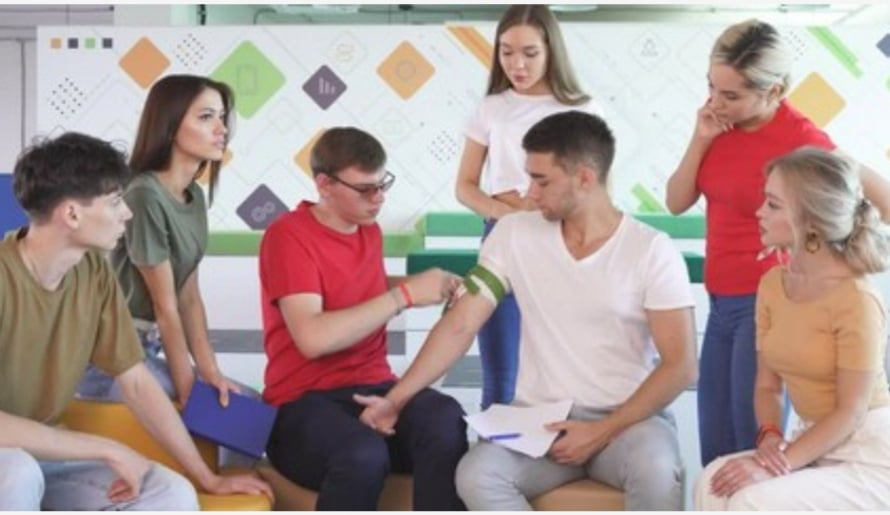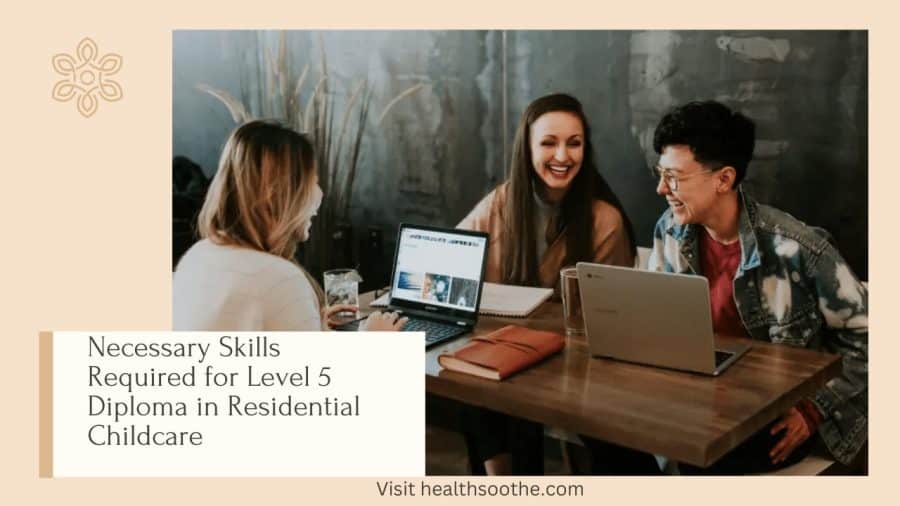In our daily lives, accidents and medical emergencies can occur unexpectedly, catching us off guard and leaving us feeling helpless. Having basic knowledge of first aid can make a significant difference in these situations, potentially saving lives and preventing further harm. This article aims to provide essential information on first aid skills for everyday emergencies. Whether you're at home, work, or out in public, understanding these techniques can empower you to respond effectively and confidently in critical situations.
Why First Aid Knowledge Matters
Accidents can happen anytime, anywhere, and being prepared with first aid knowledge equips you to take immediate action. By knowing what to do in emergencies, you can provide timely assistance until professional medical help arrives. This can greatly improve the chances of positive outcomes and minimise the impact of injuries or illnesses.
Cardiopulmonary Resuscitation (CPR)
One of the most vital first aid techniques to learn is cardiopulmonary resuscitation, commonly known as CPR. It is used to revive someone experiencing cardiac arrest, a condition where the heart stops beating. CPR involves chest compressions and rescue breaths, which help maintain blood flow and oxygen supply to vital organs. By performing CPR correctly, you can sustain life until medical professionals take over. CPR training is widely available through certified courses and can empower you to act confidently during a cardiac emergency.
Choking
Choking is a common emergency that can occur when a person's airway becomes partially or completely blocked. It can happen while eating, drinking, or due to the presence of foreign objects. Learning how to recognise the signs of choking and administering first aid can be life-saving, especially when immediate medical assistance may not be readily available.
Burns
Burns can happen in various settings, such as the kitchen, workplace, or during recreational activities. Understanding how to provide immediate first aid for burns is essential to alleviate pain, prevent infection, and promote healing. The first step is to cool the burn with running water for a prolonged period, which helps reduce the temperature of the affected area and minimise damage. Applying a sterile non-stick dressing to the burn can protect it from further contamination and promote a favourable healing environment. Severe burns require immediate medical attention, and being able to administer initial first aid can make a difference in the outcome.
Bleeding and Wound Care
Minor cuts and wounds are a part of everyday life, but knowing how to manage them properly is crucial. First aid for bleeding involves applying direct pressure to the wound using a clean cloth or bandage. This pressure helps to staunch the bleeding and promotes clotting. Elevating the injured area above the level of the heart can also aid in controlling bleeding. Cleaning the wound with mild soap and water, and then covering it with a sterile non-stick dressing, can help prevent infection and promote proper healing. Recognising when professional medical attention is required, such as for deep or heavily bleeding wounds, is equally important.
Sprains and Fractures
Musculoskeletal injuries, such as sprains and fractures, can occur during physical activities or accidents. Immediate first aid involves applying the RICE technique: Rest, Ice, Compression, and Elevation. Resting the injured area minimises further damage and provides an opportunity for healing. Applying ice packs can reduce swelling and alleviate pain. Compression using bandages or wraps helps control swelling and provides support to the injured area. Elevating the injured limb above the heart level can also help reduce swelling. It is crucial to seek professional medical help to assess the severity of the injury and determine the appropriate treatment. In the case of a sprain, physical therapy or rehabilitation exercises may be recommended to restore mobility and strength. Fractures may require immobilisation with casts, splints, or even surgical intervention. Proper diagnosis and treatment are essential to prevent complications and ensure proper healing. Additionally, following a healthy lifestyle, including regular exercise, a balanced diet, and wearing appropriate protective gear during physical activities, can help reduce the risk of musculoskeletal injuries and promote overall well-being.
The Wrap Up
Acquiring knowledge of first aid skills is not just beneficial, but essential for everyone. Accidents and medical emergencies can happen at any time, and being equipped with the ability to respond promptly and effectively can be the difference between life and death. First aid training provides the necessary tools and techniques to handle everyday emergencies with confidence, empowering individuals to become proactive in their communities and workplaces. By investing in first aid training, you not only enhance your own preparedness but also contribute to building a safer and more resilient society. Remember, first aid is a skill that can save lives, and by arming ourselves with this knowledge, we can be the heroes in critical moments when every second counts.



